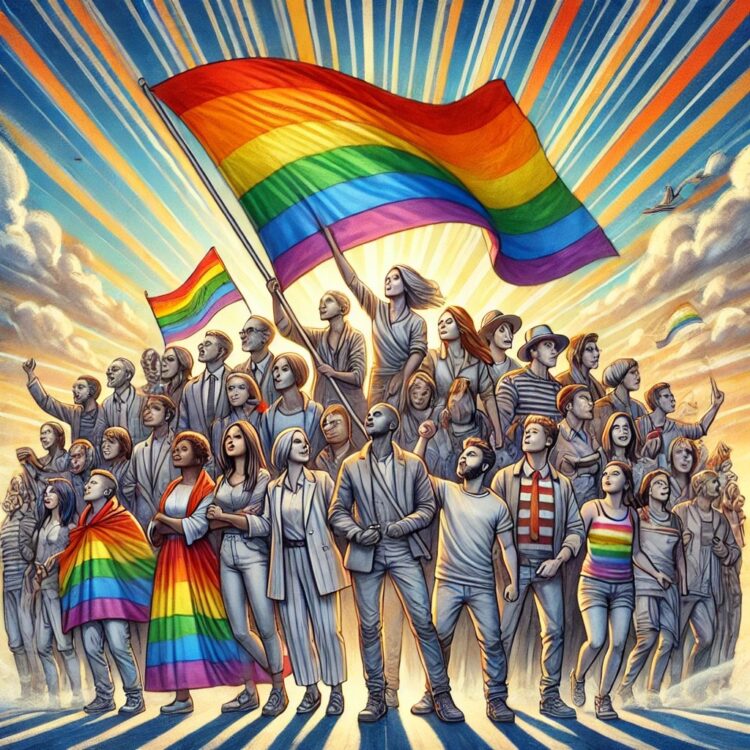
How Gay Conversion and Other Therapies Violate Human Rights
Conversion therapy, often misleadingly called “reparative therapy,” refers to practices aimed at changing an individual’s sexual orientation or gender identity. These discredited and harmful interventions not only lack any basis in credible science but also constitute a serious violation of human rights. This essay examines how such therapies undermine dignity, autonomy, and mental health, violating the principles of international human rights law and the ethical standards upheld in Australian society.
The Pseudoscience of Conversion Therapy
- No Scientific Foundation
Leading medical organisations, such as the Australian Psychological Society and the World Health Organisation (WHO), have unequivocally denounced conversion therapy as ineffective and harmful. Homosexuality and diverse gender identities are recognised as natural variations of human experience and are not mental disorders requiring “treatment.” - Harmful Practices
Conversion therapy methods often include psychological manipulation, electroconvulsive “treatment,” and aversive conditioning. These practices are not only ineffective but can cause significant harm, including anxiety, depression, self-loathing, and suicidal thoughts. Survivors frequently report long-term trauma as a result of these experiences.
Human Rights Violations
- Right to Health
The Universal Declaration of Human Rights (UDHR) and the International Covenant on Economic, Social and Cultural Rights (ICESCR) uphold the right to the highest attainable standard of health. Conversion therapy violates this right by subjecting individuals to practices that undermine their mental and physical wellbeing. - Freedom from Torture and Inhumane Treatment
Article 5 of the UDHR and the United Nations Convention Against Torture prohibit acts of cruelty and inhuman treatment. Conversion therapy, especially when coercive or physically abusive, often meets the criteria for psychological torture or degrading treatment. - Right to Autonomy and Identity
Conversion therapy denies individuals the right to self-determination, a fundamental principle of human rights. By attempting to erase or alter a person’s sexual orientation or gender identity, these practices strip individuals of their dignity and authenticity.
Responses in Society and Law
- Legislative Action
Several Australian states and territories, including Queensland, Victoria, and the ACT, have introduced laws banning conversion therapy. These legal measures send a clear message that such practices have no place in a modern, rights-respecting society. - Supporting Survivors
Community organisations and mental health professionals play a crucial role in supporting those who have endured conversion therapy. Offering resources for recovery and advocating for survivor voices ensures the harmful legacy of these practices is addressed.
Ethical and Cultural Considerations
- Challenging Cultural and Religious Justifications
Proponents of conversion therapy often cite cultural or religious beliefs to defend their actions. However, under Australian law and human rights frameworks, no belief system justifies practices that cause harm or perpetuate discrimination. - Professional Ethical Obligations
Health and mental health practitioners are bound by ethical standards that prioritise “do no harm.” Participating in or endorsing conversion therapy directly contradicts these obligations and undermines trust in the profession.
Conclusion
Conversion therapy represents a gross violation of human rights, causing lasting harm while denying individuals their right to live authentically. It is critical to reinforce legislative bans, educate communities, and support survivors in their healing journeys. As Australia continues to champion equality and inclusion, recognising and addressing the harmful impacts of these discredited therapies is an essential step towards a more just and compassionate society.
By Michael J. Tyler